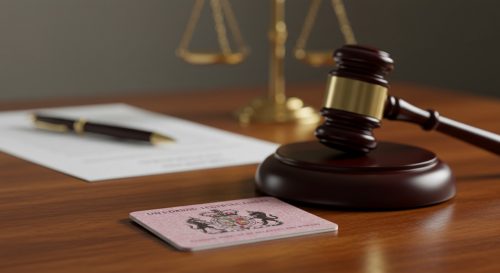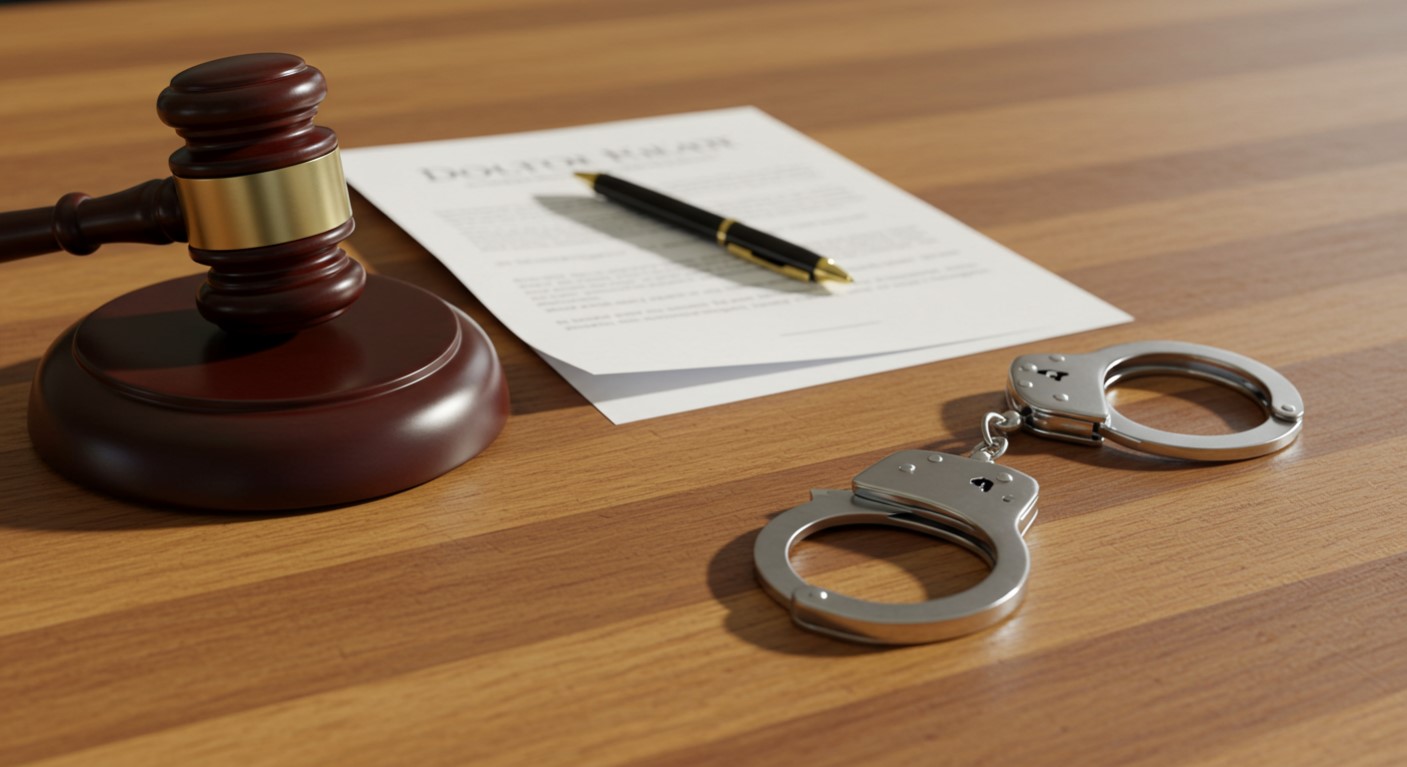Going to Court for a Driving Offence in England: What to Expect

Going to Court for a Driving Offence in England: What to Expect
Facing a court appearance for a driving offence in England can be a daunting experience, but understanding the process and what to expect can help alleviate some of the anxiety.
This article outlines what typically happens before and after going to court for a driving offence in England, guiding you through the legal proceedings and highlighting the importance of being prepared.
Receiving a Summons or Notice of Intended Prosecution (NIP)

- Notification:
- If you are suspected of committing a driving offence, you may receive a Summons or a Notice of Intended Prosecution (NIP) in the mail. The NIP typically outlines the alleged offence, the date and location, and may require you to provide driver information.
- Response:
- Depending on the nature of the offence, you may be required to respond by admitting guilt and accepting penalty points and fines, or you may have the option to contest the charges and go to court.
Contesting the Charges
- Choosing to Contest:
- If you decide to contest the charges, you will need to indicate your intention to plead not guilty. This may involve returning the NIP or Summons with your plea.
- Court Appearance Notice:
- Once you have indicated your intention to contest the charges, you will receive a court appearance notice specifying the date, time, and location of your court hearing.
Preparing for Your Court Appearance

- Legal Representation:
- It is advisable to seek legal advice and, if necessary, representation from a solicitor who specialises in criminal defence. They can help you understand your rights, build a strong defence, and guide you through the legal process.
- Gather Evidence:
- Your solicitor will assist you in gathering evidence to support your defence. This may include witness statements, photographic evidence, or other relevant documentation.
- Court Documentation:
- Review all court documentation carefully to ensure you are aware of the specific charges and the evidence against you.
The Court Hearing
- Court Appearance:
- On the scheduled date, you must attend the court hearing as specified in your court appearance notice. Failure to appear may result in additional legal consequences.
- Courtroom Etiquette:
- When in court, it’s important to dress appropriately and behave respectfully. Follow the instructions of the court officials and the presiding judge.
- Legal Proceedings:
- During the hearing, the prosecution will present its case, followed by your defence. Witnesses may be called, evidence presented, and legal arguments made. Your solicitor will represent you and present your case.
- Verdict:
- After both sides have presented their arguments, the judge will deliver a verdict. If found guilty, the judge will impose penalties, which may include fines, penalty points, disqualification from driving, or other appropriate measures.
Post-Court Actions

- Penalty Execution:
- If you are fined or receive penalty points, you will need to comply with the court’s instructions regarding payment or license-related actions.
- Appeals:
- If you disagree with the court’s decision, you may have the option to appeal, but this must be done within a specified timeframe, and you should seek legal advice if considering this route.
Conclusion: Aftermath of Going to Court for A Driving Offence in England

Going to court for a driving offence in England can be a complex and stressful process, but being prepared and seeking legal advice can significantly improve your chances of a favourable outcome.
Understanding the steps involved in the legal proceedings and your rights as a defendant is essential to navigate the process effectively and protect your interests.
Notice: Informational Content Disclaimer
The content provided on this website, including articles, blog posts, and other informational materials, is intended for general informational purposes only. It is not intended as, and should not be considered, legal advice.
Visitors to this website should be aware that the information presented here is not a substitute for seeking legal advice from a qualified solicitor or legal professional. Each individual's legal situation is unique, and the information provided may not be applicable to specific circumstances.
If you require legal advice or have specific legal questions, we encourage you to contact us directly. Our experienced team of solicitors is here to assist you with your legal needs and provide tailored advice to address your concerns.
Please be advised that any communication through this website, including the use of contact forms or email, does not create a solicitor-client relationship. Confidential or time-sensitive information should not be sent through this website. To establish a solicitor-client relationship and discuss your legal matters in detail, please contact us for a consultation.
We strive to provide accurate and up-to-date information, but we make no representations or warranties regarding the accuracy, completeness, or suitability of the information contained on this website. We shall not be liable for any reliance placed on the information provided herein.
Thank you for visiting our website. We look forward to the opportunity to assist you with your legal needs.




